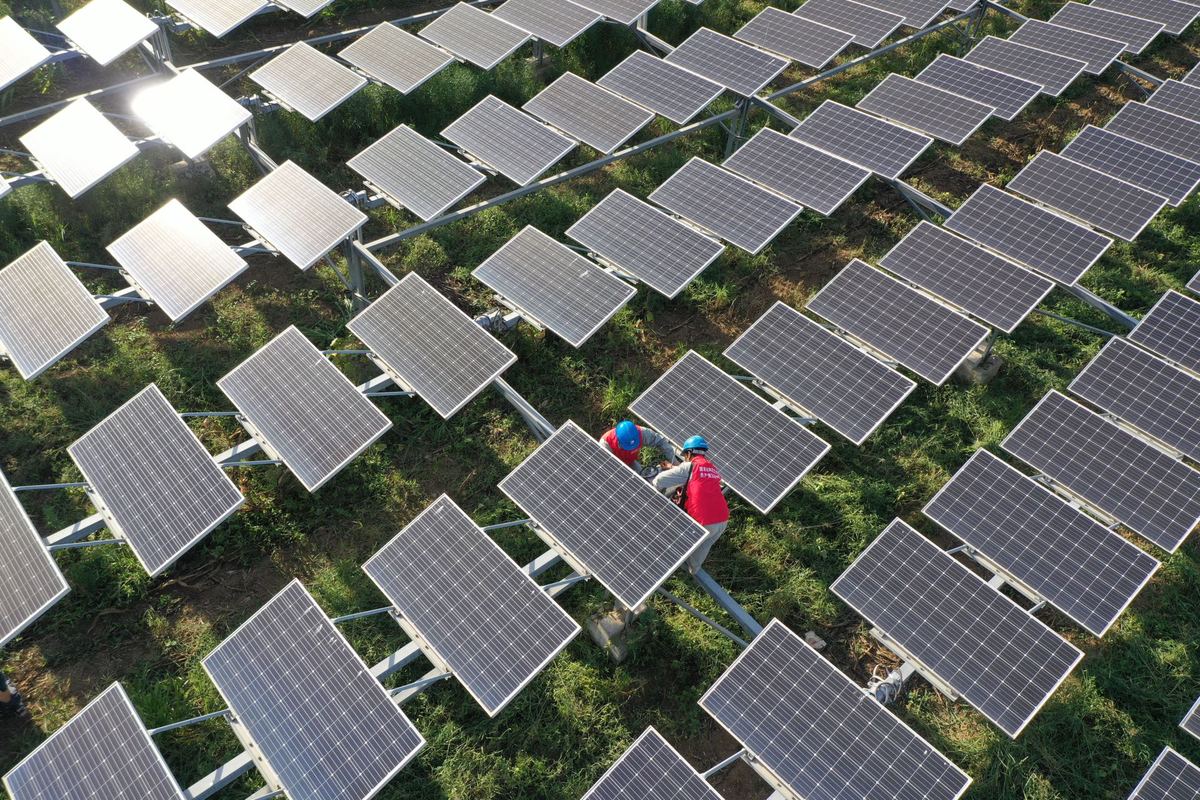Clean power use gains support


Newly added renewable capacity to be exempt from energy consumption cap
Newly added renewable capacity will be exempt from energy consumption caps to further promote clean and low-carbon energy transformation and ensure high-quality development in the country, the government said on Wednesday.
Consumption of newly added renewable energy, including wind, solar, hydro, biomass and geothermal power, will not be included in the total energy consumption control in China, said a statement jointly released by the National Development and Reform Commission, the National Bureau of Statistics and the National Energy Administration on Wednesday.
Based on electricity consumption from renewable energy sources in 2020, the annual increase in power consumption from renewable sources compared with the previous year will be deducted from the assessment of total national and local energy consumption, according to the statement.
The green certificate will be the basic certificate of renewable energy power consumption identification and the government will also actively promote the construction of the green certificate trading market, as well as the participation of renewable energy in green certificate trading, it said.
China's "dual control" policy — controlling energy consumption and energy intensity — has been a key driver of China's decarbonization since its implementation in 2006. The nation is committed to reducing the energy intensity of its economy by 13.5 percent between 2021 and 2025.
An analyst believes this will have a positive impact on China's emissions trajectory while the discounting of renewable energy from consumption totals will remove a key barrier to developing renewables fast enough to reach carbon neutrality by 2060.
Wei Hanyang, a power market analyst at BloombergNEF, said the energy intensity targets and caps on total energy consumption have helped drive its energy transition and low-carbon development.
"The exemption of using renewables in total energy consumption helps remove a cap on the overall growth of enterprises and stimulates local development," Wei said.
"It will also pass on the stimulus for renewable energy investment."
The Institute of Climate Change and Sustainable Development at Tsinghua University estimated that energy intensity will have to be reduced by 14 percent between 2020 and 2025 to put China on course to peak carbon emissions by 2030.




































